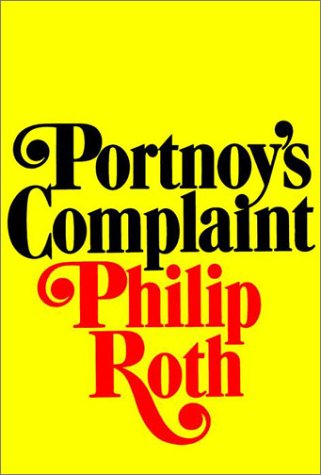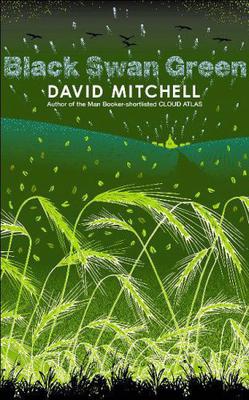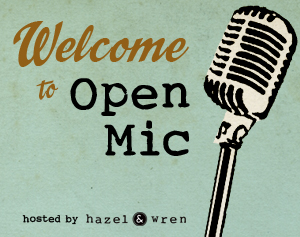 |
| from here |
It's hard not to read Alan Sillitoe's The Loneliness of the Long-Distance Runner through the prism of our American fiscal cliff.
In story after story of this slim collection, the lower class Britons on the eve of the Second World War slouch from birth to death. They make terrible choices for lack of options across nine stories: robbery; a fight between a teacher and student; a man kindly assists his ex-wife in drinking herself to death; two boys beg, lie and steal to scrape together enough money to enjoy a fair; a man hangs himself with the help of a young boy; one man alleviates the misery of his life by beating his wife and children, while another exposes himself to little girls.
In the cruelest story of them all, "Uncle Ernest," the title character (a hard working upholsterer) finds joy in his hand-to-mouth existence by caring for two young girls. It's unclear if they needed his care: their mother has a job, and they go to school. When they first meet Ernest, they have the money for the bus ride home from a small cafe. Still, they accept his charity- he goes hungry and runs up debt to buy them tea and sweets. In kindness, he finds companionship and a hollow measure of happiness. The world, of course, punished him for that. A pair of coppers show up, responding to complaints or questions- some people thought the little girls were taking advantage of the old man's generosity. The police, acting on the best behalf of society, accuse him of untoward acts that have never crossed his mind, and they finally fling him into the street with orders to never contact the girls again. Uncle Ernest retreats to a bar, for the only escape society allows him.
This is how the world ends.

















.jpg/200px-The_Immortal_Life_Henrietta_Lacks_(cover).jpg)













